Amy Winehouse, Elvis Presley, Marilyn Monroe: Is it time to draw a line under endless biopics?
‘Back to Black’ starring Marisa Abela as Amy Winehouse is in production and ‘Elvis’ and ‘Blonde’ are up for Oscars, but, says Geoffrey Macnab, too many of these biographical dramas short-change audiences
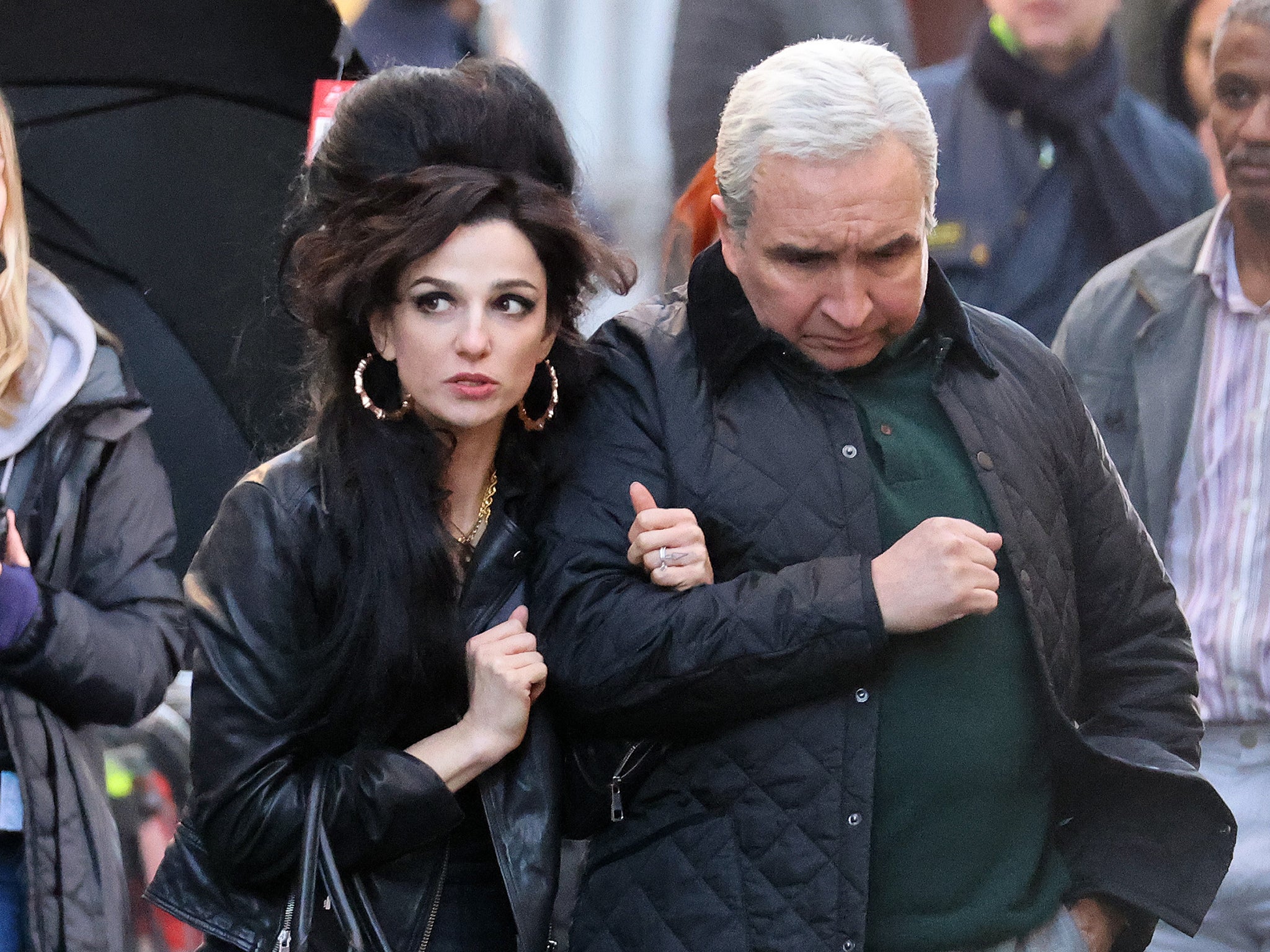
Madonna biopic dead” read the headlines this week. The big-budget film that was set to star Julia Garner of Ozark and Inventing Anna fame and be directed by Madonna herself, was scrapped. Either someone at Universal Studios had decided it was a bad idea or Madonna was too busy with her forthcoming world tour to commit to it. Even without Madonna, the conveyor belt is still running faster than ever. Filming has just begun on Sam Taylor-Johnson’s Back to Black, starring Marisa Abela as singer Amy Winehouse and Jack O’Connell as her ex-husband, Blake Fielder-Civil.
Also this week, it was announced that Ana de Armas is nominated for an Oscar for her performance as Marilyn Monroe in Andrew Dominik’s biopic Blonde, while Baz Luhrmann’s Elvis is an awards contender in multiple categories, including Best Picture and Best Actor for Austin Butler as Elvis Presley.
If you’re famous, you get a film. That appears to be the working rule in Hollywood and beyond. These days filmmakers aren’t too picky about choosing which real-life figures they bring to screen. Nelson Mandela had his biopic but so did Eddie “the Eagle” Edwards, the British ski jumper, and Seabiscuit, the American racehorse. Biopics come in every shape and size. They can be small and quirky – witness Mark Rylance as the hapless Maurice Flitcroft, a shipyard crane operator who masqueraded as a professional golfer in 2021 crowd pleaser, The Phantom of The Open. They can be big and very flamboyant, for example, a turbo-charged Rami Malek as Freddie Mercury in 2018’s Bohemian Rhapsody.
When it comes to biopics, though, one truth is self-evident: the duds easily outnumber the hits. There are many reasons why the genre provokes such angry reactions. Filmmakers will be accused of being either too reverent or not reverent enough. Their casting decisions are bound to be questioned. Winehouse fans have been complaining furiously that Abela looks nothing like the singer and that not even a voluminous beehive haircut can turn her into a plausible Amy.
Sometimes, the producers won’t have secured all the rights they need but will press ahead regardless. Gabriel Range’s David Bowie biopic Stardust (2020), starring Johnny Flynn as the androgynous, shape-shifting rock visionary, was undermined when Bowie’s estate declined to let his music be used.
The filmmakers also have to face the fact that the audience already knows how the story is going to end. Marie Antoinette will most likely have her head cut off, Van Gogh is unlikely to hold onto his ear, Jim Morrison is odds on to die in Paris, Abraham Lincoln will probably get shot in a theatre, Eddie “the Eagle” Edwards may or may not land in an undignified heap at the bottom of the ski jump run. It’s therefore a struggle to provide much dramatic tension.
How can you find the key to unlock somebody’s secrets in 90 or even 180 minutes of screen time? Where’s the rosebud moment? In a bid to answer that question, some biopics have immersed themselves so deeply in the inner emotional lives of their subjects – their childhood traumas, their first love affairs, their experiences of bereavement – that they risked becoming suffocating to watch.
Blonde, for example, is a psycho-drama in the vein of Roman Polanski’s Repulsion (1965) in which Catherine Deneuve was famously shown going mad and having a breakdown in a claustrophobic London apartment. De Armas’s Marilyn is also seen unravelling. Like Deneuve in Polanski’s picture, she is in febrile, emotionally fragile state and sees demons wherever she looks. The film has one grim, gynaecological scene late on in which the star is depicted spreadeagled in a hospital bed whimpering “it’s just a crazy dream” as doctors poke and peek around inside her, as if in search of some secret elixir. The scene feels both intrusive and redundant.
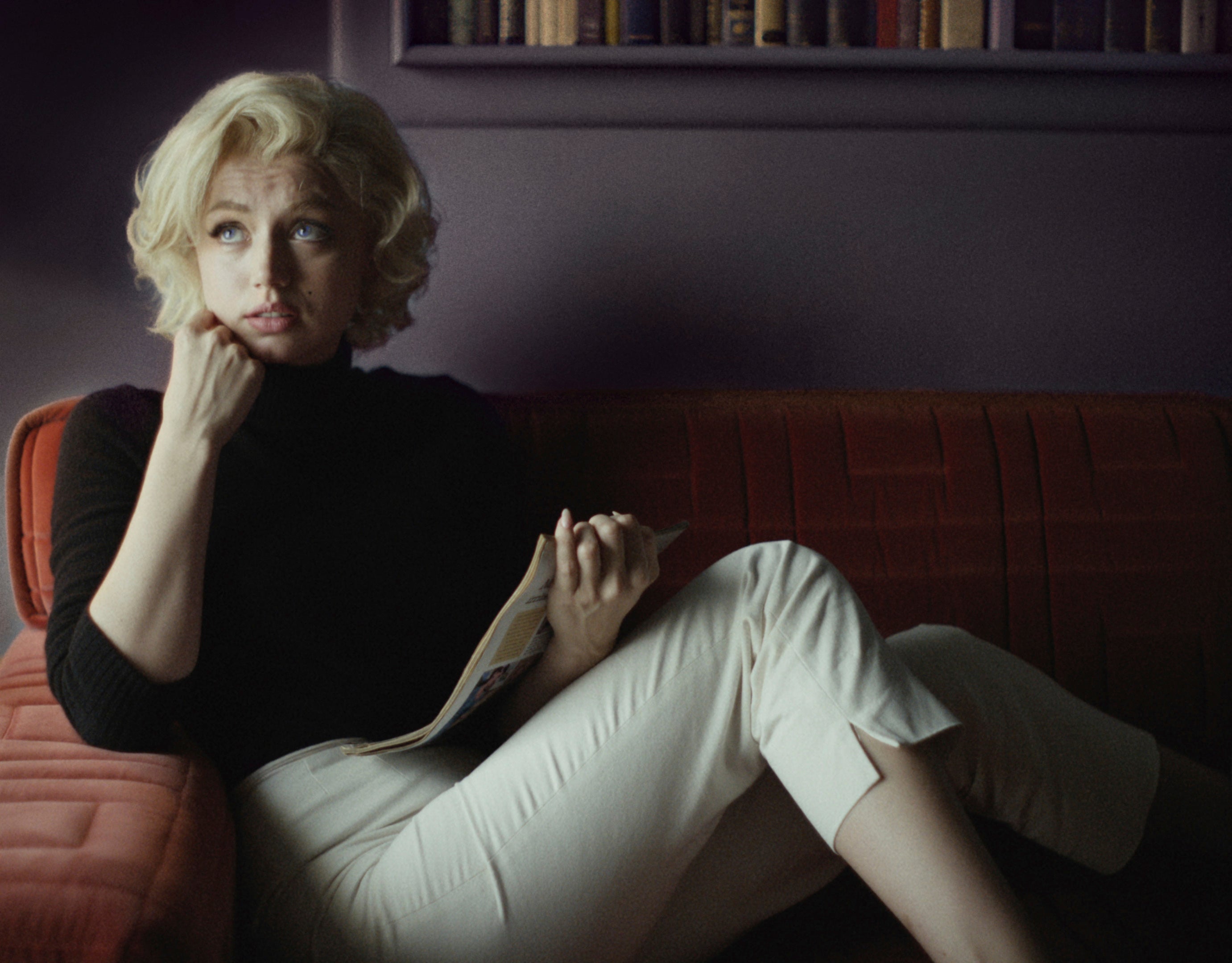
Others recent biopics look in at their subjects from the oddest vantage points. Baz Luhrmann’s Elvis comes at the rock and roll legend from the point of view of his crooked, Mr Magoo-like business manager, Colonel Tom Parker (Tom Hanks). The film spends an inordinate amount of time showing the Colonel drawing up contracts on napkins in Vegas nightclubs or trying to use the singer’s TV specials to flog Christmas jumpers. Whether this tells us anything about what made the “King” tick is a very moot point.
When the genre was first embraced in earnest by Hollywood in the 1930s, the films that were made were reverential and often very stilted. The American actor, Paul Muni might have starred as writer Emile Zola in The Life of Emile Zola (1937), for which he was nominated for an Oscar, or as the French scientist Louis Pasteur in The Story of Louis Pasteur (1936), a role he won an Academy Award for Best Actor, but these Warner Bros movies were the cinematic equivalent of statues memorialising great men. They were an attempt to give cinema a new veneer of respectability.
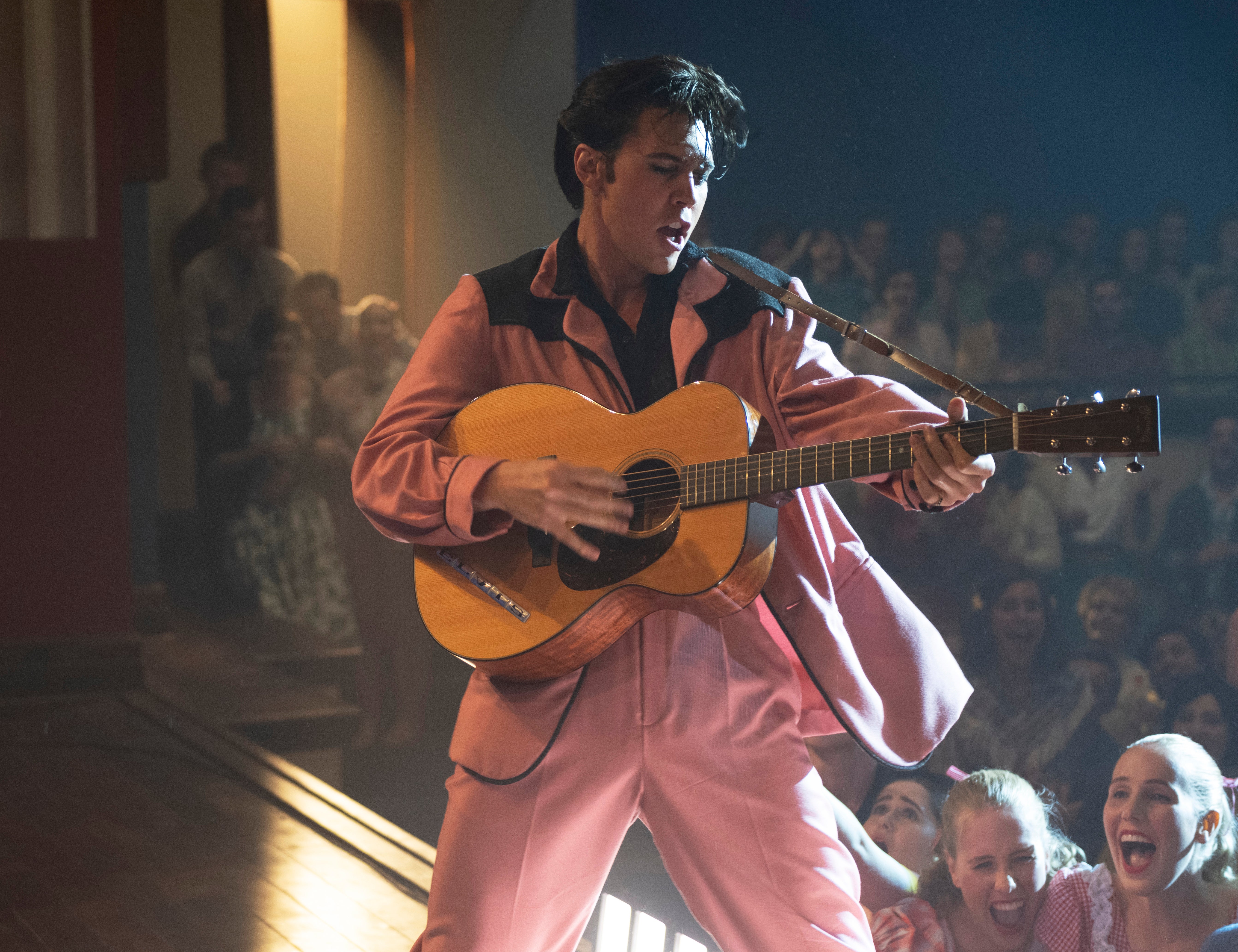
Of course, there were many other movies being made at this time that had biographical elements. Muni also appeared in the far more entertaining Scarface (1932) as a character based directly on mobster Al Capone but this was a gangster movie, not a biopic.
Film historian Rudy Behlmer’s 1985 book Inside Warner Bros, which pulls together correspondence and memos from the studio bosses, includes a fascinating 1941 letter written by the studio head of production, Hal B Wallis, to legendary Broadway vaudeville entertainer, George M Cohan. Plans for a film about Cohan –1942’s Yankee Doodle Dandy that would star James Cagney – were at an advanced stage. Cohan had provided Warner Bros with his own script. Wallis is trying to tell him tactfully that it is dull beyond belief, “unquestionably accurate as biography” but very unlikely to entertain even the most indulgent of audiences. Wallis explains patiently that Warner Bros doesn’t want to be held up by anything as restrictive as “literal facts” in telling Cohan’s story. The studio promises to be true to the “spirit” of his life, not the “letter” and is asking him for permission to “have some freedom in arranging a few elements”.
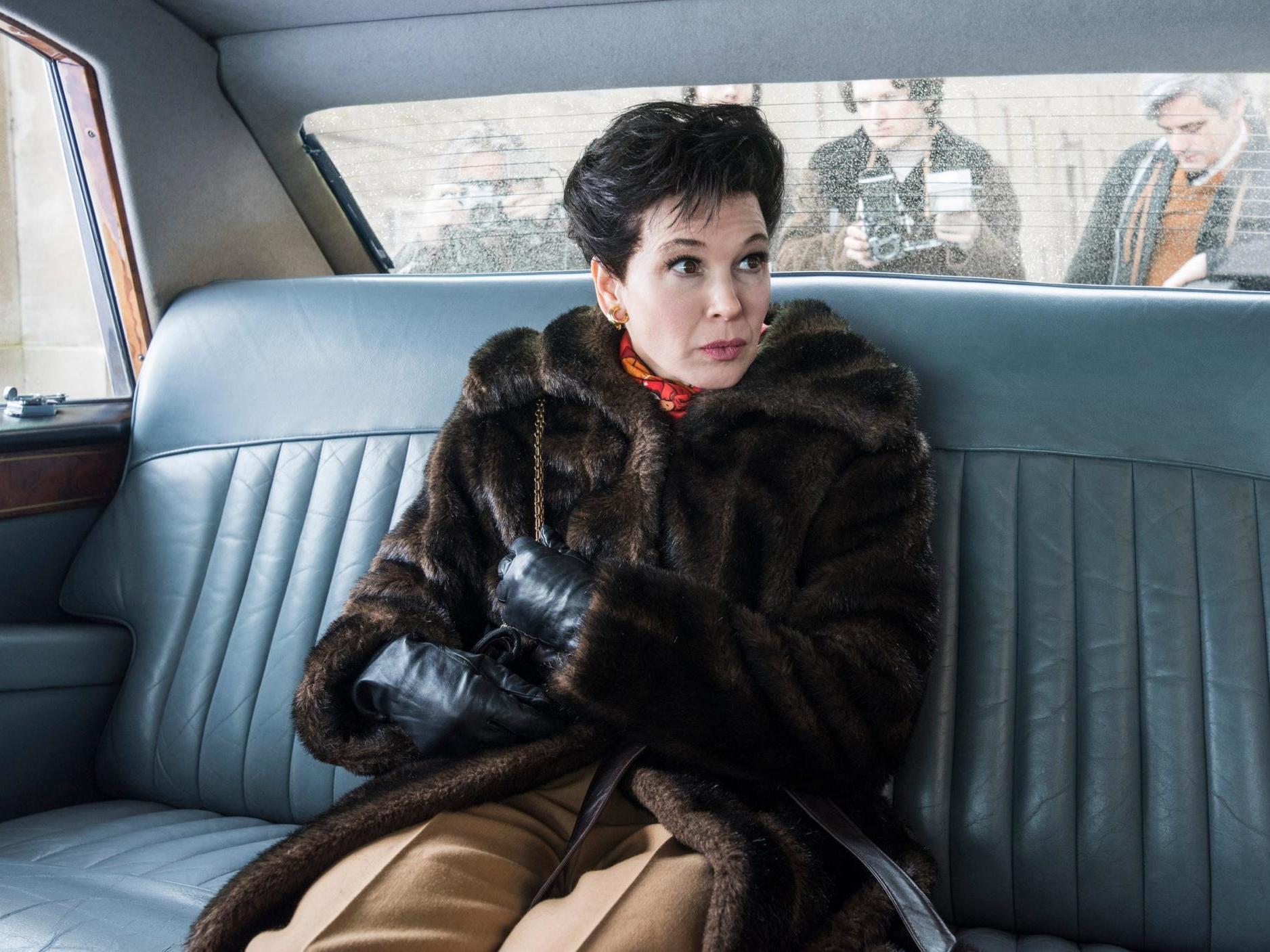
In other words, they wanted to make it all up – and who can blame them? The correspondence highlights the dilemmas which confront anyone tackling a biopic. Still, some people’s lives simply demand to be dramatised. Whether it’s James Franco as mountaineer Aron Ralston having to amputate his own limb in order to stay alive in Danny Boyle’s 127 Hours (2010), and Ben Foster as the Auschwitz prisoner Harry Haft boxing against fellow inmates to give himself a chance of survival in Barry Levinson’s The Survivor (2021), or Renée Zellweger’s Judy Garland pitching up for a late night snack with two of her gay fans in their London flat in Judy (2019), the best biopics throw up their share of jaw-dropping moments which would stretch credulity if included in fiction films.
You can see, then, why they continue to be made. Too many, though, short-change audiences. They take us through their subjects’ lives by rote, from birth to death, highlighting their achievements without engaging or entertaining us, or providing any meaningful social or political context. There is a dispiriting sense that these movies are being made because the directors behind them don’t have the flair or imagination to come up with ideas of their own.
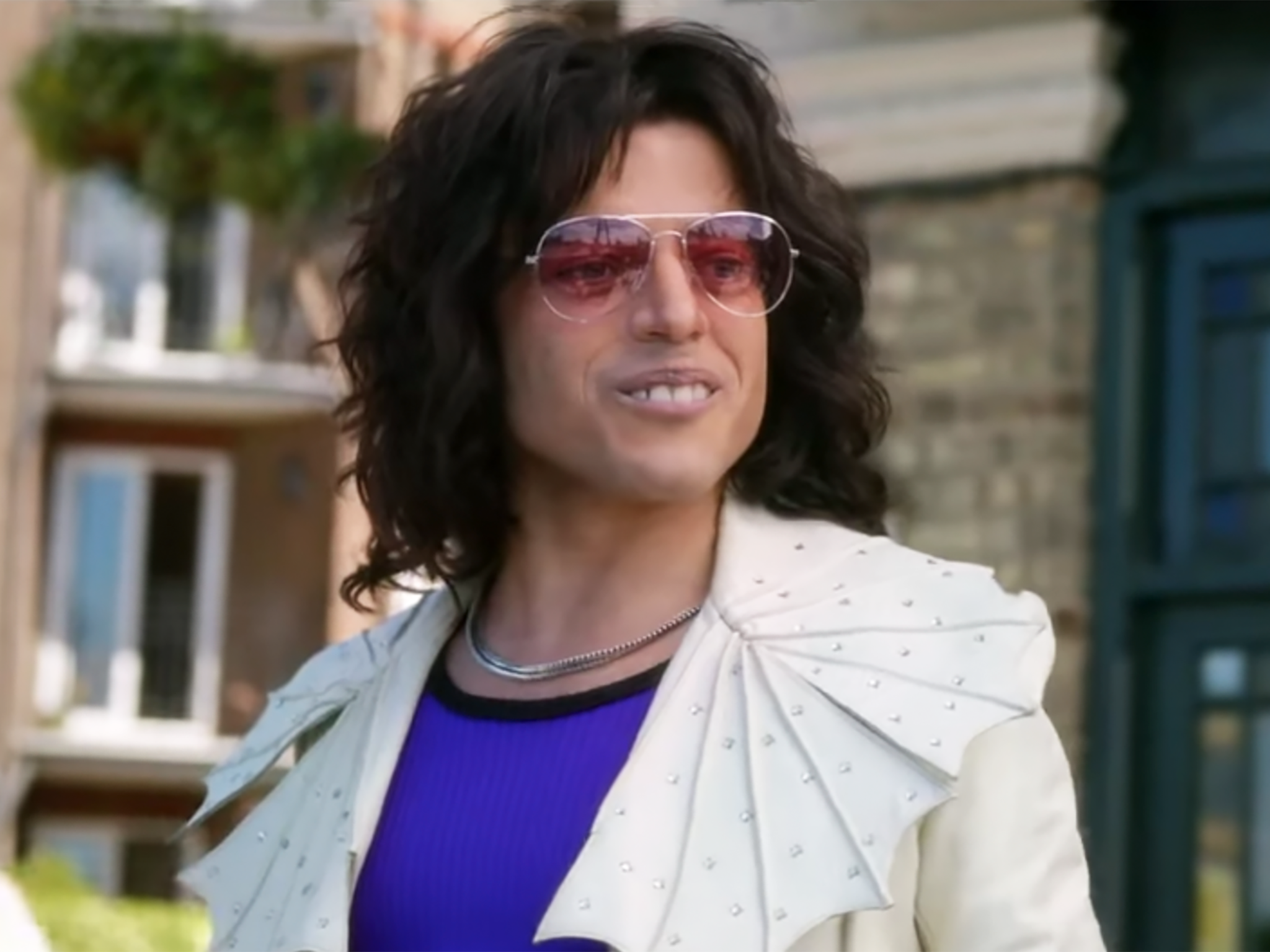
Nobody is arguing for the genre to be abandoned but if you are going to tell someone’s life story on screen, give it some zing. Make it fun. Make it vivid and socially relevant. We don’t want an audit, a CV or a medical case history. We don’t want the story sanitised, as many fear it will be in the new Amy biopic that is being made with the full approval of the singer’s father Mitch.
As Hal Wallis put it over 80 years ago, do it “dramatically”. Otherwise, you might as well leave the genre well alone.
Join our commenting forum
Join thought-provoking conversations, follow other Independent readers and see their replies
Comments


Bookmark popover
Removed from bookmarks